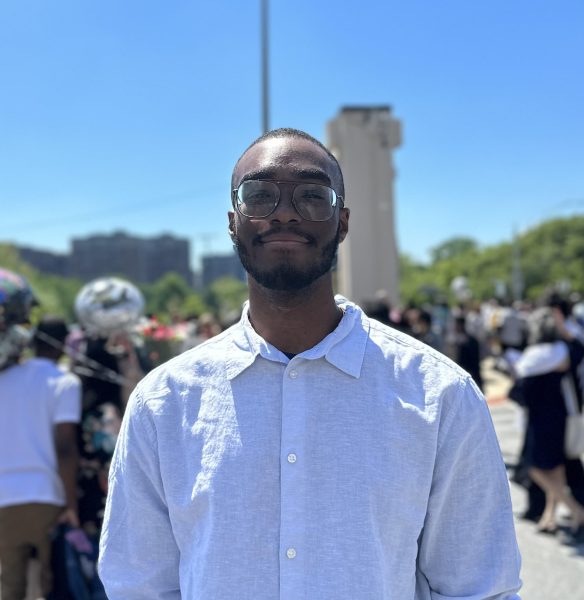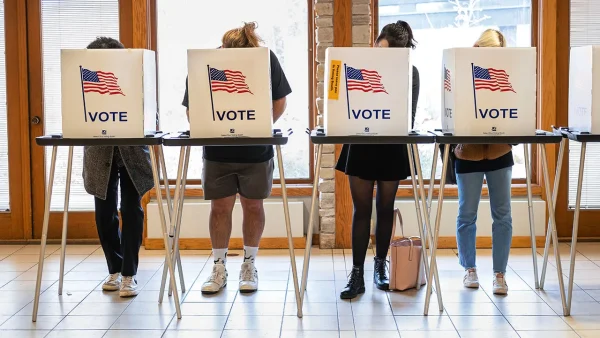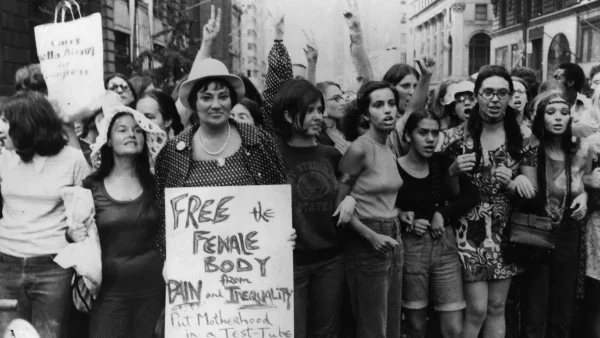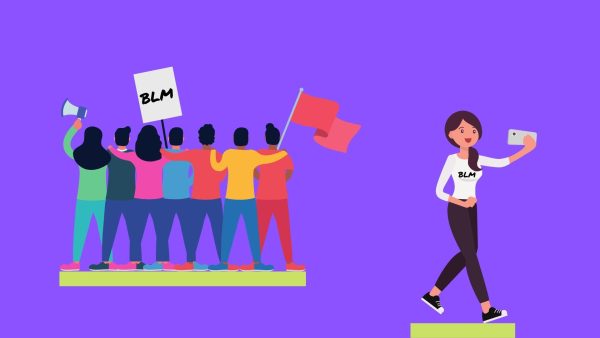OP/ED: The Riddle of Modern Masculinity
“I can’t become clinically depressed because I don’t believe in it. I can’t be haunted by ghosts if I don’t believe in ghosts.”
Comparing ghosts to serious mental health issues isn’t the first ridiculously toxic statement social media influencer and alleged sex trafficker Andrew Tate said, and it’s obviously not the last.
Yet, since his interview with British reporter Piers Morgan, all I could think about is this extremely harmful idea that if you’re strong and masculine enough, the emotional and psychological toll of depression cannot affect you. Men like Tate successfully monetized this type of thinking and have been able to create a platform based on toxicity and yet still are perceived as strong role models for young men.
And for one reason or another, regardless of the number of times Tate has shown his true colors, he still gets the same amount of attention and support for his ideals.
Men are three times more likely to die by suicide compared to women. This isn’t new information, and I’m not the first one to argue that this silent epidemic is continually caused by toxic male role models like Andrew Tate. I only wish to raise the question of if we know there is a national crisis when it comes to men’s mental health, why is there no one standing up and handling it?
Masculinity, as symbolized in social influencers like Andrew Tate, is essentially hierarchical and, again, it would be foolish to argue he is the first to capitalize on this.
Perhaps the combative nature of needing to be perceived as being on top and be the “alpha man” leads to an almost national existential crisis when it comes to American men. The less a man speaks out about their emotions, the higher they’ll be able to climb the ladder.
And the more they show weak “beta” traits, the ones at the top will smell the blood in the water and kick them down the ladder.
But men are not the only ones that continue this cycle of silence. Women do as well.
A while back, a female TikToker complained that her date was too “feminine” by asking to be given the same amount of romantic attention he gave her.
And she told her thousands of followers that his openly expressing what emotional and romantic needs he’s looking for in a relationship turned her off of the very idea of him. It was odd hearing this from the same TikToker who preaches about women’s inequality.
If we want women to be on the same level as their male counterparts, why can’t men gain the same privileges as women when it comes to having the same level of emotions?
A case can be made that in the last ten years, as young, impressionable men desperate to find belonging in a world feed into the brain-washing of extremist thoughts that Tate preaches. Tate is the epitome of male superiority, both physical and financial. He has the money, the fame, the influence, the status, and the “right” amount of power over the women in his life.
Many of his most loyal fans argue Tate stands as a symbol of unapologetic male strength and inspires his younger views to be the best versions of themselves.
But how could running an international sex trafficking operation and openly encouraging violent and borderline self-destructive behavior be bettering the men of the 2020s?
And when his crimes are brought up in conversation, they are either ignored or a “grand conspiracy” has been enacted to tear his legacy down. Tate’s ridiculous statements about mental health and how women ought to be treated show that however far we think we’ve come, it simply isn’t enough.
Traditional masculinity is still alive and well. And this narrow-minded viewpoint of being the stoic alpha who has no feelings is leading to young men suffering in silence.
And when they get to that low point it’s either they end up another statistic or become infatuated with the idea that if they do become “man enough” these dark feelings will go away. If we ever want to break this cycle, we need to encourage a more modernized form of masculinity. One based on openness and not silence.

Maleek Munroe is a senior at Mercy College, majoring in communications. He graduated Nyack High School, where he found his love and passion for both...








